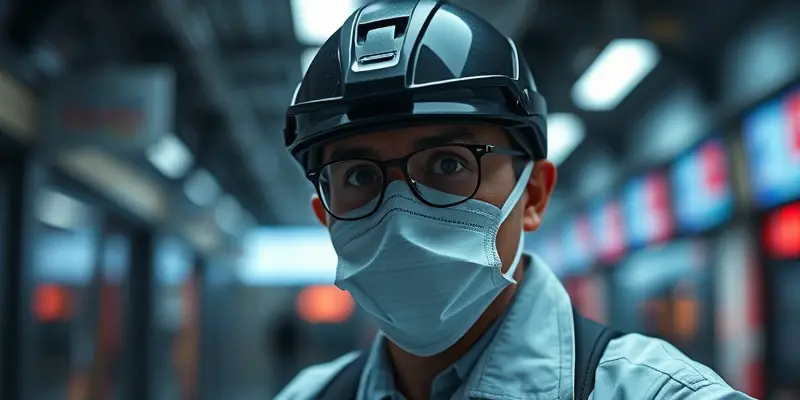Recovery & Injury: Supporting LGBTQ Athletes for Better Motivation and Healing
Introduction
Injury recovery is challenging for every athlete—but for LGBTQ individuals, the journey often comes with extra hurdles. As a coach and health expert with over a decade of experience, I’ve seen firsthand how inclusive, supportive environments accelerate healing. Whether you’re new to fitness or a seasoned pro, understanding these unique needs can help you, your teammates, or your friends stay strong and connected during recovery.
Why Mental Health Matters in Recovery
Injuries don’t just impact the body—they can shake our motivation and well-being. Research shows LGBTQ athletes are at greater risk for depression, anxiety, and even eating disorders, especially when recovering from setbacks. This isn’t because they’re less resilient, but because:
- They may face discrimination or exclusion, both in and out of sports.
- Social isolation is common, particularly when sidelined with injury.
- Not every trainer or therapist understands LGBTQ-specific challenges.
If you’re an LGBTQ athlete or ally, knowing this can help you prepare for and tackle these recovery hurdles.
Inclusive Environments: The Key to Shared Success
A supportive team is like the best rehab—essential for healing, motivation, and overall happiness. Here’s why inclusivity should matter to everyone in your fitness circle:
- Psychological Safety: When athletes feel safe to be themselves, they recover faster and perform better.
- Team Connection: Belonging boosts optimism, reduces unhealthy habits, and strengthens resolve through tough times.
- Affirmation Matters: Recognizing and celebrating each athlete’s identity decreases stress and builds resilience.
Ask yourself: Would a closeted teammate on your team feel supported during recovery? If not, what could you do differently?
Actionable Strategies for Better Recovery
Ready to support yourself or others more effectively? Here are proven tactics:
1. Stay Connected During Downtime
- Join team meetings, even if you can’t play.
- Chat with teammates about your recovery progress.
- Connect with LGBTQ sports groups or mentors online.
2. Prioritize Mental Health
- Don’t wait until stress builds—talk to a counselor, ideally one with sports and LGBTQ experience.
- Set small, doable goals and celebrate every win, no matter how minor.
- Try mental skills tools like visualization and positive self-talk, tailored for both athletic and identity-specific challenges.
3. Educate Your Coaches and Teammates
- Encourage inclusion workshops and open discussions about mental health and diversity.
- Share stories or resources that highlight the realities LGBTQ athletes face.
- If you lead a team, make sure everyone knows support is available for all identities.
4. Build a Peer Support System
- Pair up athletes for regular check-ins, mixing those with injuries and those without.
- Create safe spaces—online or in-person—where LGBTQ athletes can share experiences without judgment.
For All Athletes: Takeaway Lessons
While this post highlights LGBTQ athletes, these strategies lift all teammates. Injury, stress, and recovery know no boundaries—but support, respect, and inclusion create strength for everyone.
Final Thoughts: Healing Together
Prioritizing inclusion and mental well-being doesn’t detract from physical performance—it enhances it. Whether you’re facing an injury or supporting someone who is, remember: The best recoveries happen in communities that care.
If this resonates with you or your team, share it. Let’s foster spaces where every athlete can heal, thrive, and stay motivated—no matter where they are on their journey.
Author:
[Your Name], Lead Content Writer at Gympulse Club, Sports Coach & Health Expert
Want more practical guidance and science-backed advice? Join the Gympulse community for weekly wellness insights and motivation.

